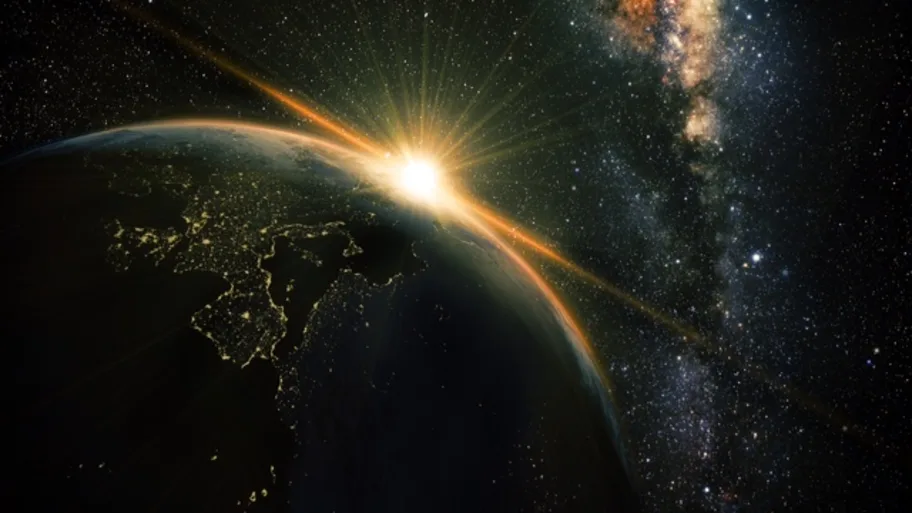
- Science News
- Frontiers news
- Are we alone in the universe?
Are we alone in the universe?

Frontiers new Specialty Section explores one of the most fascinating questions human beings have tried to answer for centuries.
– By Rossella Rebecchi
There are more than 30 billion planets in our galaxy and over 100 billion galaxies in the observable Universe. Reading these numbers, a question naturally comes to mind: Are we alone?
From scientists and philosophers to writers and filmmakers, from agnostics and devout believers to artists, poets and ordinary people, we have all wondered if there is someone else out there. While no clear signs of life have ever been detected, Astrobiologists keep looking for an answer, using a combination of astronomical, chemical, geological and biological sciences.

Isik Kanik is Senior Research Scientist at the Jet Propulsion Lab in Pasadena, California. His main research interests are Astrobiology, detection techniques and Laboratory Spectroscopy.
Professor Isik Kanik, new Specialty Chief Editor of Astrobiology, says that the time to study the existence of life in the universe is now:
“Astrobiology has grown rapidly in recent decades, fueled by new discoveries made through space exploration and a synergistic combination of both laboratory and field research at extreme, space-like terrestrial environments. We have already made incredible discoveries: Evidence of liquid water in nearby planetary bodies, identification of new planets outside of our solar system, discovery of a large diversity of novel microbial lifeforms in extreme terrestrial settings, and new theories on emergence of life on Earth, just to name a few. Everything seems to suggest that greater, even more sensational new discoveries are just waiting to be made.”
Thanks to the latest discoveries, NASA and other international research institutes are encouraging research in the field, and open access seems to be the perfect tool to foster the distribution of results within the scientific community as fairly and quickly as possible.
“Open access will help scientists to develop new hypotheses and new approaches to the field, providing the foundation for new scientific discoveries,” says Professor Kanik.
Astrobiology, the new specialty section of Frontiers in Astronomy and Space Science, is now open for submissions and welcomes high-quality articles and Research Topic proposals. The Inaugural Research Topic for the section aims to emphasize the importance of Astrobiology to explore our own Solar System, investigating the possibility of life on Mars, Europa, Titan and Enceladus.
Follow Frontiers in Astronomy and Space Science on Twitter
Frontiers journals lead in citations and rank in top Impact Factor and CiteScore percentiles. See full analysis






